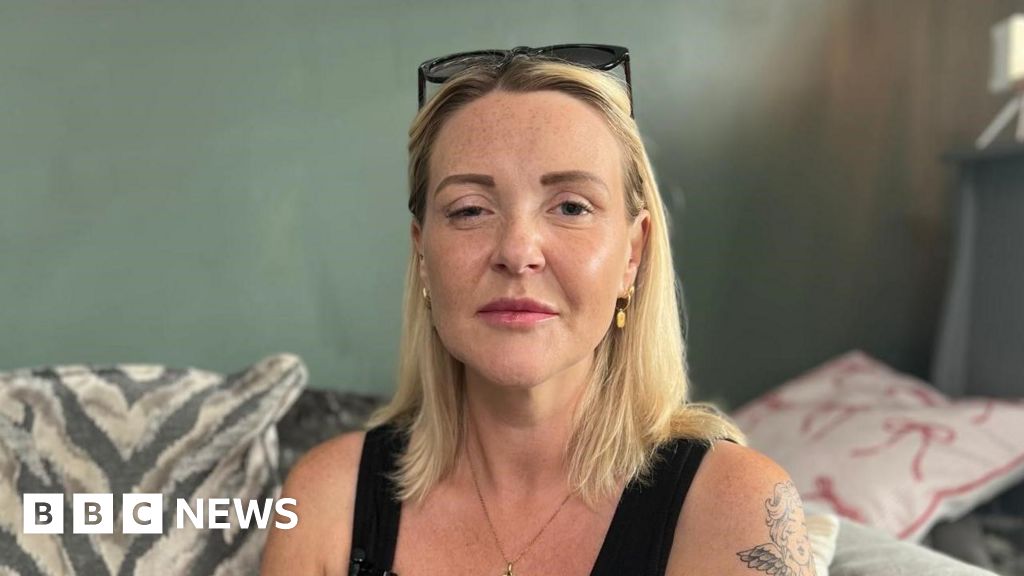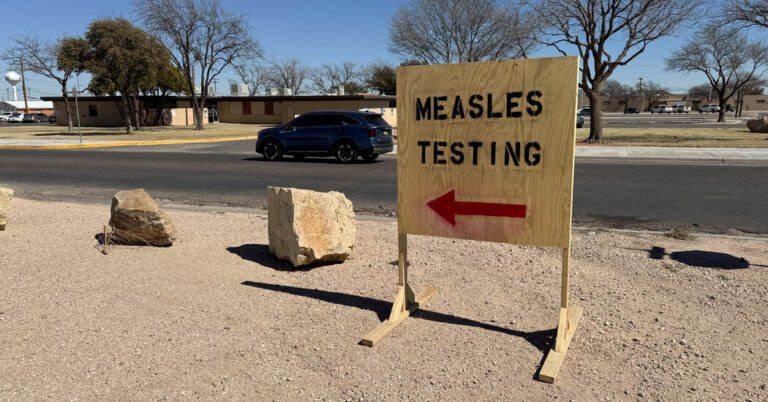28 people in the north-east of England have been left with potentially fatal botulism after having anti-wrinkle injections believed to have been fake. Nicola Fairley, a 37-year-old mother of four, was one of them. She had anti-wrinkle injections, which turned out to be an illegal copy of Botox, and soon experienced severe symptoms, including her throat closing up, an eye swelling shut, and one side of her face starting to droop.
Fairley had paid £100 for three areas of injections and had won a round of treatment from the same provider in a competition. She was told it was a stronger type of toxin, but had no idea it was illegal. Within two hours of the injection, her forehead was “frozen”, although genuine cosmetic injections should take several days to start working.
The University Hospital of North Durham, where Fairley was treated, usually sees no cases of botulism that require treatment in an average year. However, in recent weeks, the hospital has seen a spate of cases, with four other people arriving in A&E on the same night as Fairley. The hospital was forced to source anti-toxin drugs from other hospitals, as they were in danger of running out.
The Medicines and Healthcare products Regulatory Agency (MHRA) has set up an investigation into the allegations surrounding the illegal sale and supply of fake “Botox-type” products in the North East. Chief safety officer Dr Alison Cave warned that buying anti-wrinkle injections and other medicines from illegal suppliers significantly increases the risk of getting a product that is either “falsified or not authorised” for use in the UK.
Dr Steven Land, an aesthetic doctor based in Newcastle, believes that anti-wrinkle injections in three areas for less than £150 is very cheap and could suggest the supplier was using an illegal toxin. He has been warning of a botulism outbreak for years and has called for the industry to be regulated.
An investigation into the cause of the recent cases of botulism is being led by the UK Health Security Agency, with partners including Durham County Council’s public health team. Director of public health Amanda Healy urged anyone with symptoms to seek treatment and said that an incident management team had been set up to deal with the issue.
Fairley says that the business owner who gave her the injections has apologized, and she believes that the owner did not intentionally harm her. However, she is now put off having cosmetic injections again and urges anyone considering it to ask questions about the product and make sure it has been properly prescribed. The Department of Health and Social Care said that people’s lives were being put at risk by “inadequately trained operators in the cosmetic sector” and is looking into new regulations.
Source link




